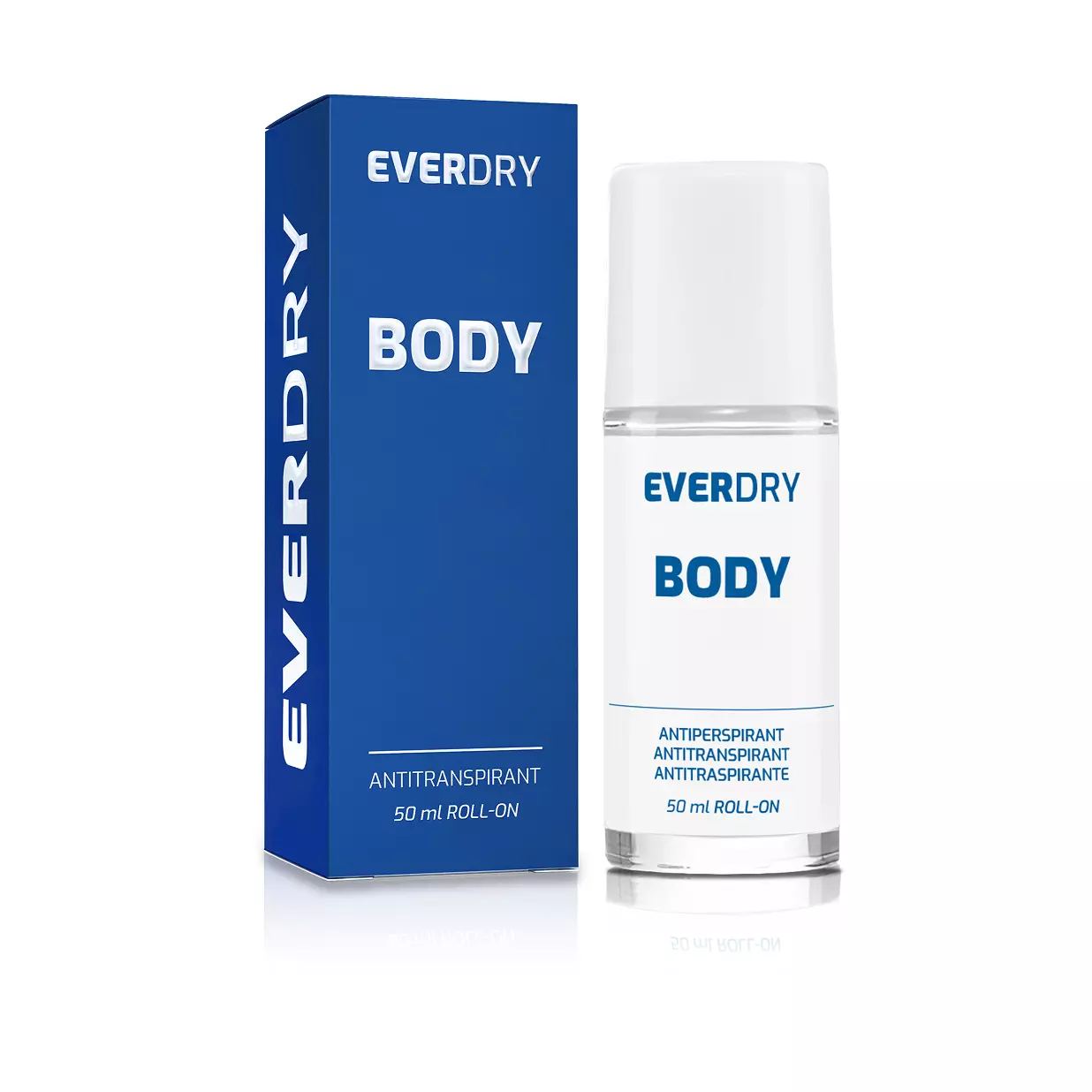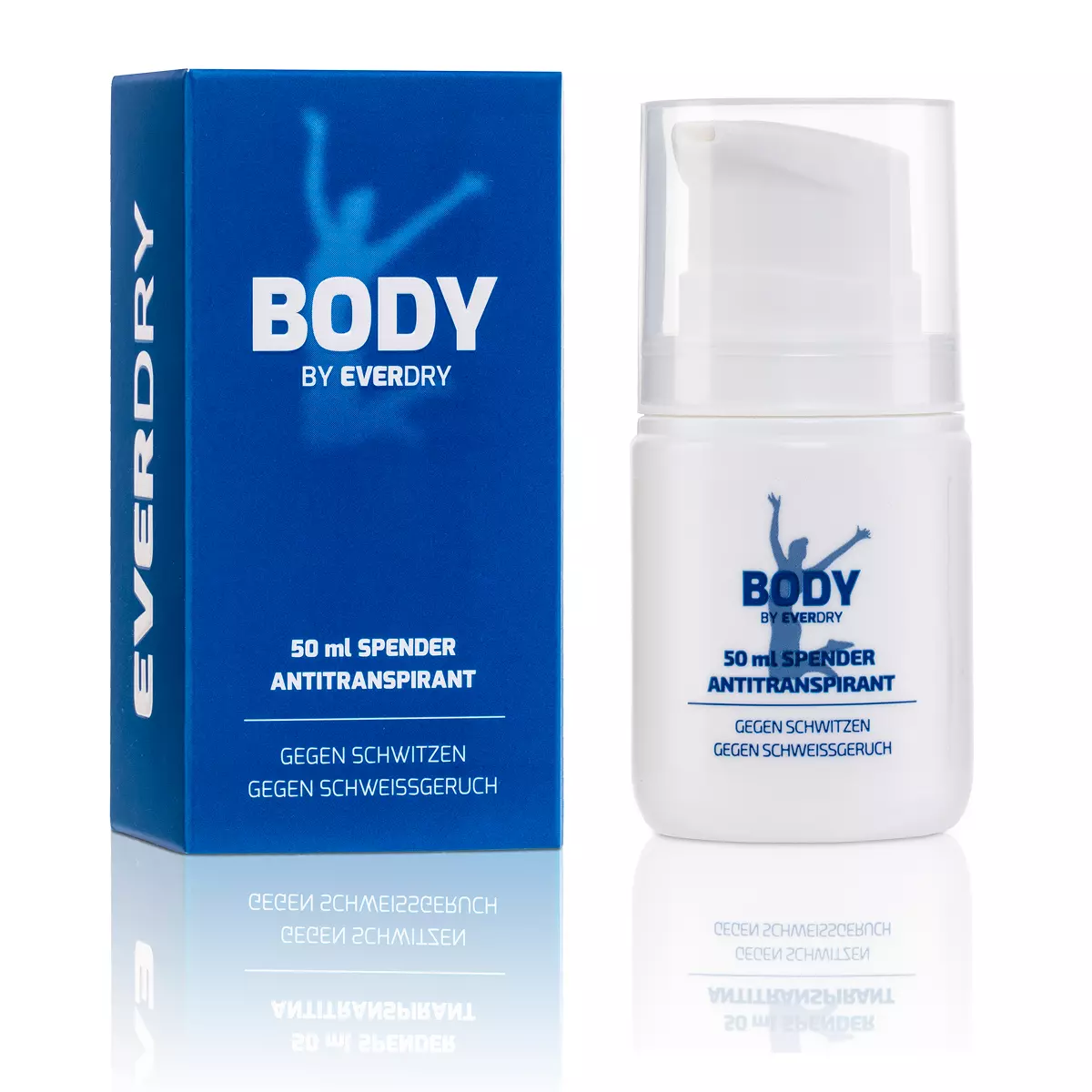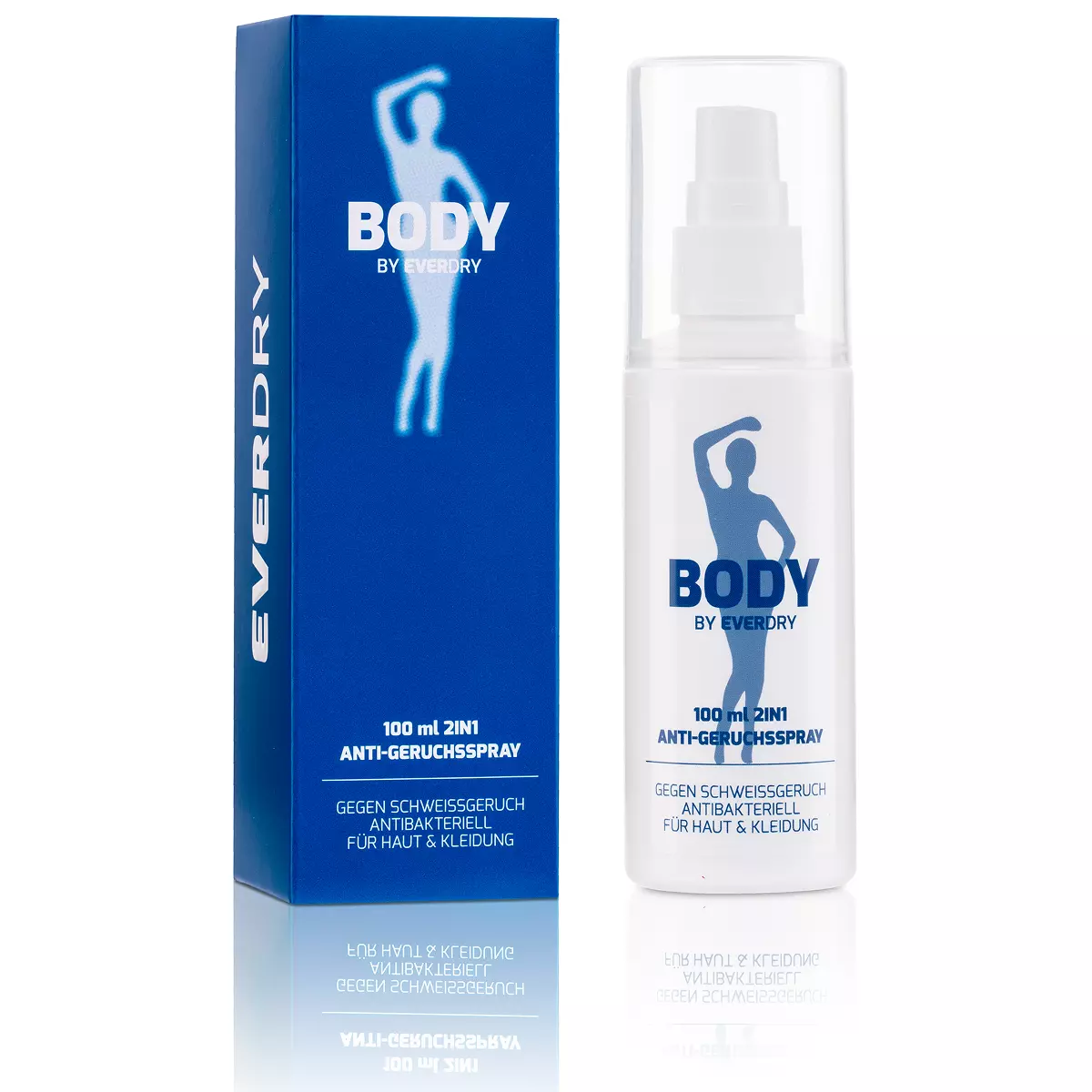In a nutshell: Key points
Sweat-free slumber through the chilly season
This text sheds light on night sweats and offers a few handy tips.
As the weather turns chillier, we all love to get cosy, and at night, snuggling into a warm bed is just the ticket. Think fluffy, thick bedding, a snuggly pair of pyjamas, a hot water bottle, and chunky socks – sounds wonderfully warm, doesn't it? But quite often, the night ends up being far too hot and sweaty. With our tips, you too can sleep sweat-free throughout the colder months!
During the darker months, our bodies need around 30 minutes more sleep because the change in daylight hours throws our internal clock a little out of sync. This can often lead to restless nights, night sweats, or generally disturbed sleep. What's more, we tend to feel the cold more during the day and then want to wrap up warm under a thick duvet at night. However, this isn't always the best idea. Some advice on creating the right winter bed can help you sleep more soundly.
4 Tips for a Sweat-Free & Relaxed Night's Sleep
1. Optimal Room Climate for Sleep in Winter
The first step towards a peaceful and sweat-free night is the room's climate. This includes the perfect room temperature, humidity, and air quality.
The ideal room temperature for sleeping is between 15-18 degrees Celsius. A room thermometer can help you adjust the temperature accordingly and feel for yourself how warm it is at the recommended level. In the evening, as our activity levels decrease, our bodies naturally start to cool down.
If the room is too warm, your body won't cool down sufficiently to reach deep sleep. The risk of sweating during the night is then particularly high.
If the room is too cold, your body might overcompensate by producing excessive heat, leading to more night sweats. If you're prone to heavy sweating during sleep, a room that's too cold can actually be counterproductive.
Low humidity can really irritate your mucous membranes in winter. This is mainly due to dry air from central heating. If you prefer to sleep with the window closed, you should avoid using the heating as much as possible. Air that's too dry can cause burning eyes, a scratchy throat, and a dry nose. Humidifiers or houseplants can help increase the humidity.
You can mainly influence the air quality by ventilating the room. Even when it's cold outside, you should open the bedroom windows fully for 5-10 minutes, 2-3 times a day, to allow the air to circulate. This will help you breathe easily during the night.
2. Winter Bedding & Mattress Protectors for Sweat-Free Nights
Of course, winter bedding should be nice and cosy, but the material is key here. Look for a high cotton content in your winter bedding. Some synthetic fibres can't wick away moisture properly, and sweat, which is naturally released during the night, can make you feel cold. Cotton is particularly suitable for people who sweat a lot at night, as it can absorb up to 80% of its own weight in liquid.
Especially for winter, we recommend helpful mattress protectors for heavy sweaters. These waterproof and breathable protectors effectively absorb night sweat and prevent you from feeling uncomfortable due to dampness during the night.
Sweating in bed is perfectly natural. On average, we lose around 500 ml of sweat each night, which collects in our nightwear, bedding, and mattress. These protectors are made of cotton, are particularly easy to care for, and can be easily washed and changed. Thanks to the integrated silver technology, the protectors are antibacterial, so bacteria and unpleasant odours don't stand a chance in your bed.
3. Nightwear for Sweat-Free Sleep
The golden rule for choosing the right nightwear in winter to avoid extra sweating in bed is: wear breathable nightwear! First and foremost, you should feel comfortable in what you wear at night. However, if you tend to sweat, make sure your nightwear is also breathable and wicks away night sweat from your body. Otherwise, you might wake up during the night feeling sweaty and chilled. Again, cotton is a suitable material. In extreme cases, you can opt for specialist performance wear. Special fabrics and materials such as merino wool, Thermocool® yarn, or Egyptian cotton with unique properties ensure that moisture or sweat is optimally transported away and your body temperature is ideally regulated.
4. Rhythm & Rituals for a Peaceful Winter's Sleep
We often don't want to admit it, but a regular sleep schedule can really help us sleep soundly and healthily. A consistent rhythm makes it easier for the body to prepare for sleep and to wake up feeling fit and refreshed in the morning. It makes sense to maintain this rhythm at the weekends too, of course. If you struggle to fall asleep in the evening, try establishing a nightly ritual. This could be something like reading a book. The ritual should help your body wind down and not be too stimulating.
Hopefully, these tips will help you enjoy a healthy, sweat-free winter's sleep. However, if these recommendations still aren't enough to reduce unpleasant sweating at night, we suggest taking a look at the EVERDRY range. Whether it's sweat under your arms, on your back, or your feet – you're sure to find something here that can reduce your sweat production.
First published on: 12/05/2011
Last updated: 27/05/2025

Content: 0.05 Liter (€398.00 / 1 Liter)

Content: 0.05 Liter (€398.00 / 1 Liter)



